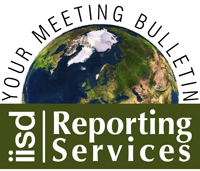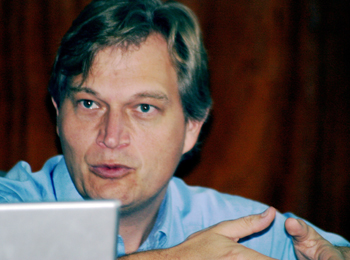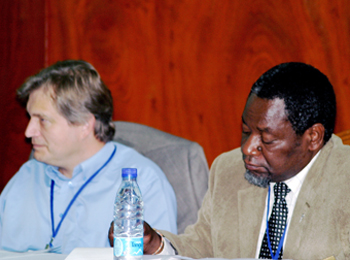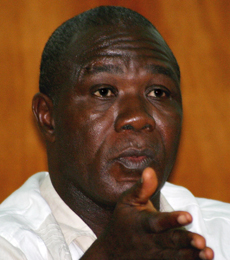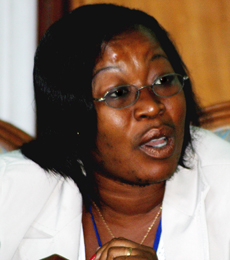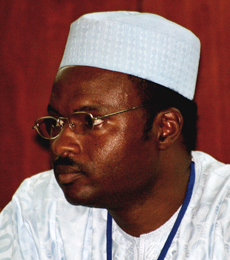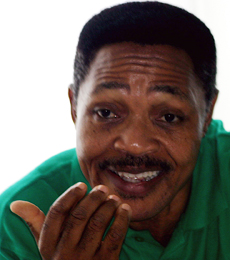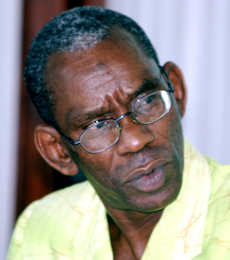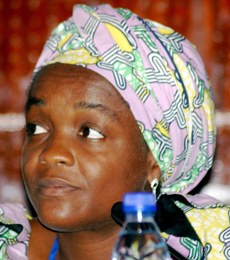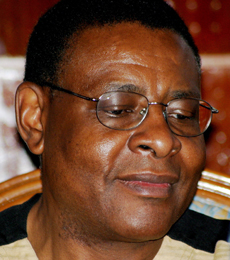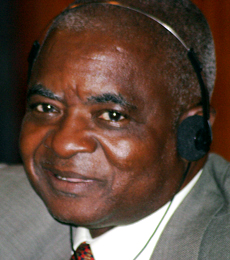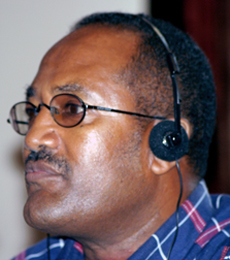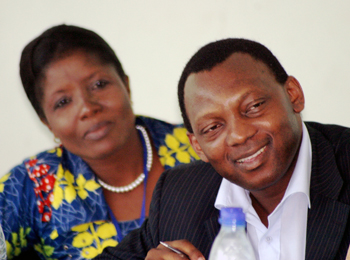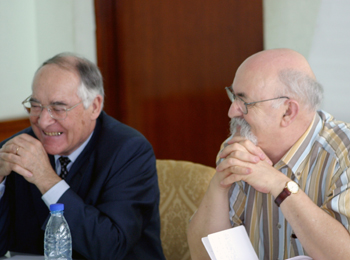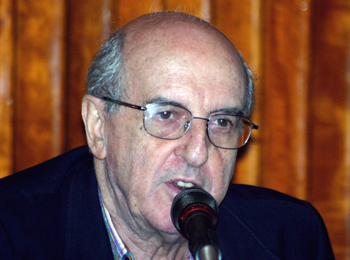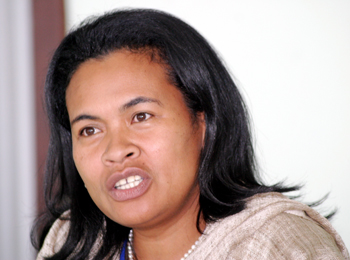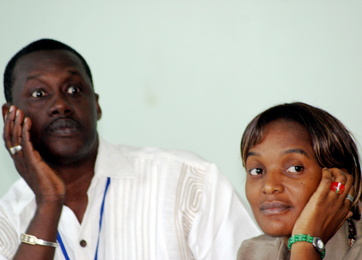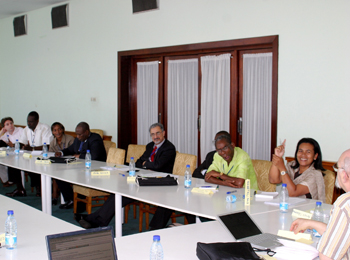Highlights for Friday, 2 March 2007
On Friday, participants convened in three parallel working groups in the morning, and reconvened in plenary in the afternoon to hear the group reports and hold further discussions drawing from the groups’ deliberations.
Participants from Cameroon, Kenya, Benin, Liberia, Malawi in working group one addressed needs and options for an IMoSEB. On needs, the group highlighted, inter alia: documenting biodiversity knowledge in Africa, including indigenous knowledge; scientist’s role in identifying the value of biodiversity; dissemination of existing knowledge; and the right for communities to be informed. On options, there was general consensus on the need for an IMoSEB, with the group debating whether such a mechanism should build upon, improve and strengthen existing institutions or whether an entirely new mechanism should be developed.
Participants from various countries including: Kenya, Gabon, Cameroon, Ethiopia, Mali and the Republic of Congo participated in working group two to discuss needs specific to Africa. The group considered needs and options for an IMoSEB briefly before discussing the substantive theme relating to the issue of expertise for Africa.
Working group three dealt with issues relating to potential IMoSEB clients. Drawing from experiences in Gabon, Senegal and the Democratic Republic of Congo, among other countries, participants addressed four main questions: the adequacy of knowledge relating to biodiversity management; the relevance of existing knowledge and problems of dissemination; accessibility of existing knowledge for decision-makers; and the most effective mechanism for information dissemination and the identification of potential beneficiaries.
In the discussion following the working group reports, participants generally welcomed the establishment of an IMoSEB, citing the failure of existing structures to adequately address biodiversity loss. The importance of funding was a recurring theme in the discussions. In a panel session chaired by Felix Dakouo, participants then debated institutional and financial arrangements for an IMoSEB, with several participants urging consideration of the institutional and financial structure of an IMoSEB and proposing a pilot initiative in the African region. While welcoming the proposals, others cautioned against addressing these issues during the ongoing consultative process.
In the evening, participants visited the National Herbarium of Cameroon and the Millennium museum.
